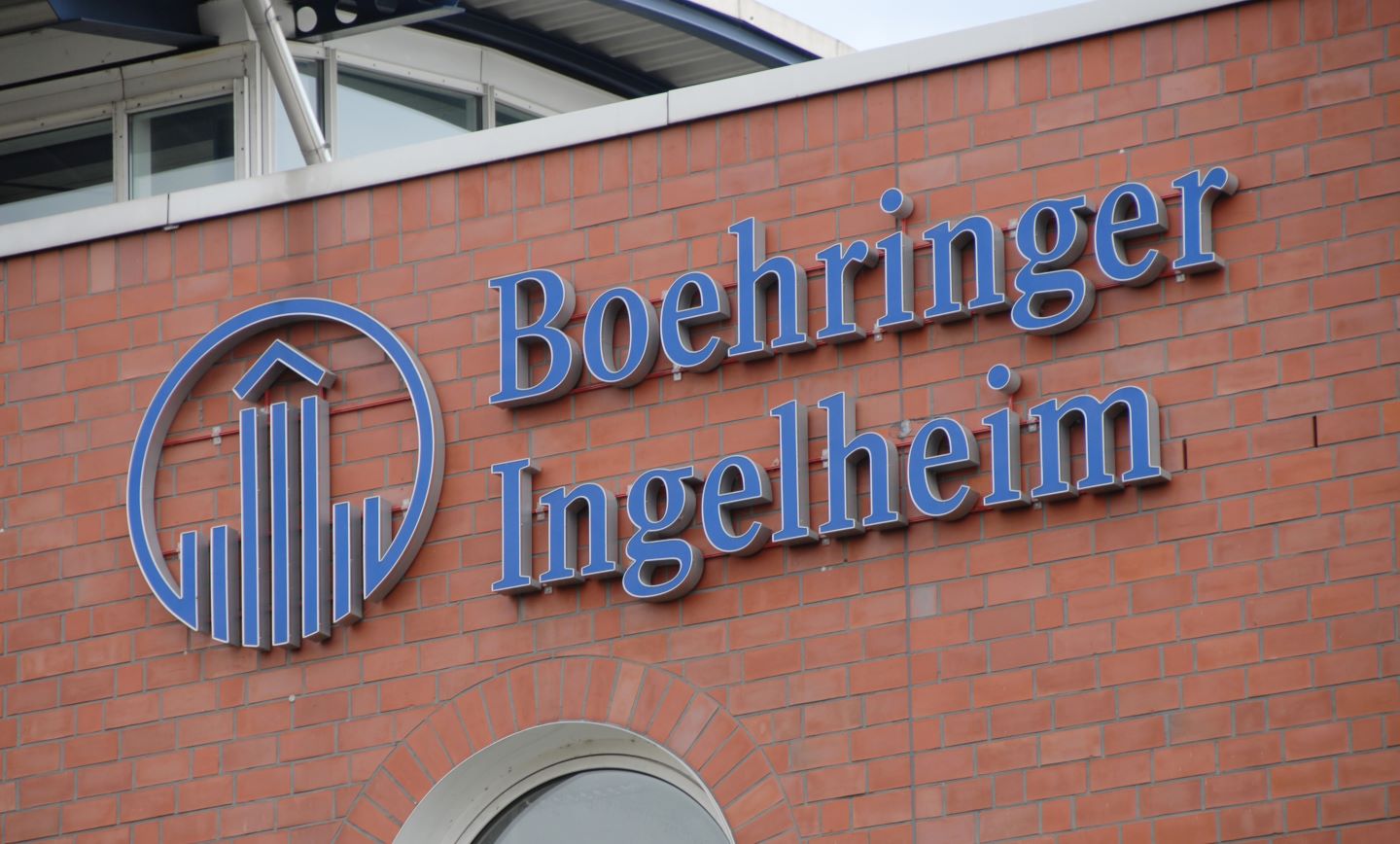
Boehringer Ingelheim has signed a strategic partnership and licencing agreement with 3T Biosciences for the discovery and development of next-generation cancer immunotherapies.
This is the second research collaboration entered by the parties and builds on a successful conclusion of a preliminary research deal entered last year.
It will leverage 3T’s discovery platform, dubbed 3T- T-Cell Receptor Antigen and Cross-Reactivity Engine (TRACE), with Boehringer’s commitment to creating immuno-oncology therapies that enhance the ability of the immune system to fight cancer.
As per the deal, patient-derived T-cell receptor data will be provided by Boehringer to support antigen identification efforts of 3T. This approach will aid in detecting cognate antigens utilising the 3T TRACE platform.
In return, 3T is entitled to receive an upfront payment, research and development fees from Boehringer.
The company will also receive milestone payments from Boehringer on meeting discovery, preclinical, clinical, regulatory, and commercial goals totalling $538.5m, (€495.4m) apart from royalty payments on product sales in the future.
Access the most comprehensive Company Profiles on the market, powered by GlobalData. Save hours of research. Gain competitive edge.

Your download email will arrive shortly
We are confident about the unique quality of our Company Profiles. However, we want you to make the most beneficial decision for your business, so we offer a free sample that you can download by submitting the below form
By GlobalData
Boehringer also stands to earn royalty payments from sales by 3T on products that are developed out of the partnership in the future.
Boehringer Ingelheim cancer immunology and immune modulation global head Lamine Mbow said: “At Boehringer Ingelheim, we are committed to transforming patients’ lives.
“The initial success of our work with 3T gives us confidence that together we can and will expand and accelerate our pipeline of first-in-class T-cell based anti-cancer therapies.”
The 3T-TRACE platform is designed to identify the immunogenic targets for various solid tumours. It does so by harnessing adapted clinical immune responses against cancer.
It detects new shared T-cell receptor (TCR) targets of productive immune responses and monitors TCRs and TCR mimetics for their specificity and off-target cross-reactivities.
The platform also merges high-diversity target libraries and active machine learning to detect the most common and immunogenic targets in solid tumours.

Sign up for our daily news round-up!
Give your business an edge with our leading industry insights.
